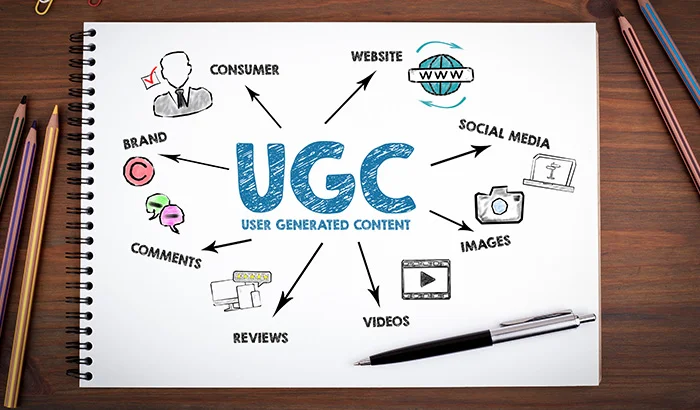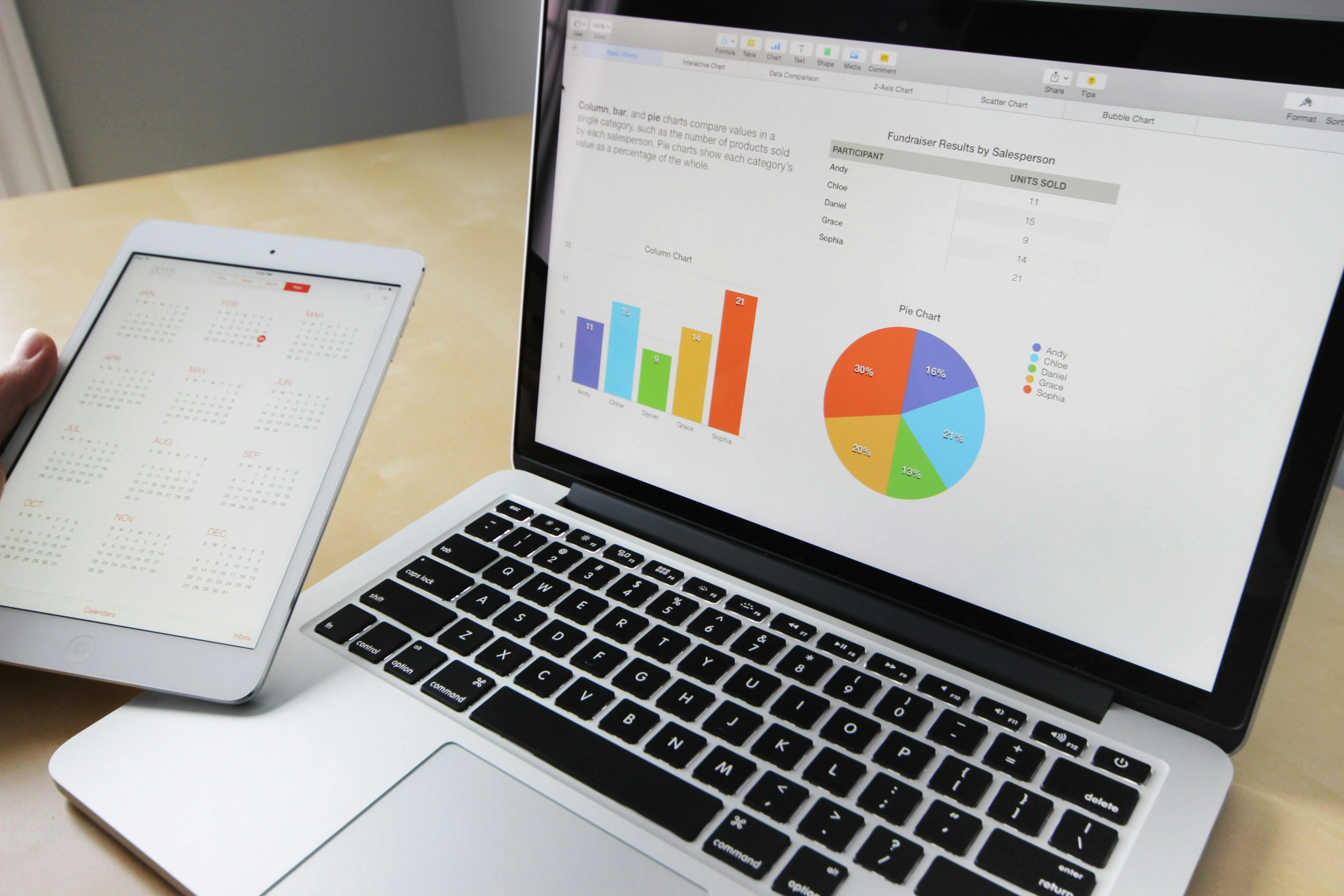Use cases of choosing the right platform for ecommerce website
Choosing the right ecommerce platform presents numerous challenges for business owners, each with its own set of pain points. One of the most common struggles is the overwhelming number of platform options available, which can leave owners feeling paralyzed by choice. For example, a small business owner selling custom-made jewelry might find it difficult to decide between a user-friendly platform like Shopify and a more customizable option like WooCommerce.
Moreover, many owners lack the technical expertise needed to navigate complex platforms, leading to frustration and reliance on developers for ongoing support. This is particularly problematic for businesses on a tight budget, as hidden fees, such as transaction charges or premium app costs, can quickly accumulate, straining financial resources. Take a business that starts with a simple product catalog and quickly grows—without scalability, they may experience slow site performance or even need to migrate to a new platform entirely, resulting in downtime and lost sales. Similarly, integrating existing tools like CRM systems or marketing automation software can become a nightmare if the platform doesn't offer seamless integrations.
Assessing your business needs and goals
The first step in selecting an ecommerce platform is understanding your unique business needs. Ask yourself:
- - What type of products will I sell?
- - Do I need digital product delivery or physical inventory management?
- - Will I offer subscriptions or one-time purchases?
-
According to a survey by Statista, the global ecommerce market is expected to surpass $6.3 trillion by 2024, with 22% of all global retail sales coming from online stores.
-
A Shopify survey found that 60% of consumers will abandon a website if it is not mobile-friendly. This highlights the importance of choosing a platform that supports mobile optimization, especially if you plan to reach a broad audience.
Assessing whether you're a small startup or a scaling business will help you choose a platform that offers the right features and scalability. Platforms like Shopify and Wix are great for beginners, while larger businesses may require a platform like Magento, which offers greater customization and scalability.
Key features to look for in an ecommerce platform
When choosing an ecommerce platform, make sure it has these key features:
Easy-to-Use Interface: The platform should be simple to navigate, making it easy for you to manage your store and for customers to shop.
Mobile-Friendly: Since many people shop on their phones, your platform should automatically adjust to look good and work smoothly on mobile devices.
SEO Tools: The platform should have tools that help your store rank better on search engines, like the ability to customize page titles and descriptions.
Payment Options: It should support various payment methods, such as credit cards, PayPal and digital wallets, so customers can pay in the way they prefer.
These features will make your store easier to run, provide a better experience for your customers and help your business grow.
- Big Commerce reports that 75% of online shoppers are more likely to complete a purchase if the website is optimized for mobile.
- Google found that 53% of mobile visitors will leave a site that takes longer than 3 seconds to load, underscoring the need for fast, mobile-friendly platforms.
Having these features will ensure that your ecommerce site is optimized for both user experience and search engine visibility. Additionally, integrated payment gateways make transactions smoother for customers, which can lead to higher conversion rates.
Cost considerations and pricing models
Different ecommerce platforms come with varying pricing structures. Some charge monthly fees, while others have free plans with transaction fees. Consider the following:
- Shopify plans start at $39/month, but transaction fees range from 2.9% + 30 cents for each online credit card transaction.
- A 2020 study by Capterra 2020 study by Capterra found that 45% of businesses that chose Shopify said they selected it because of its affordability compared to other platforms like Magento.
When starting your ecommerce journey, it's important to consider both your short-term budget and long-term costs. While platforms like WooCommerce are free to use, you may incur costs for hosting, themes and plugins. In contrast, hosted platforms like Shopify include all-in-one pricing but may come with monthly subscription fees and transaction costs.
Scalability and flexibility for future growth
Scalability is one of the most important factors when selecting an ecommerce platform. You need a platform that can handle increased traffic, larger product catalogs and growing sales volumes as your business expands.
- - Choose a platform that can integrate new features as needed (e.g., adding new payment methods, product types, or marketing tools).
- - Ensure your platform supports multi-currency and multi-language features if you're expanding internationally.
- BigCommerce reports that 64% of its users experience a 20% or greater increase in revenue after migrating to the platform from others like Shopify.
- A Forrester Research found that 50% of online shoppers expect to see improvements in personalization and customer service as part of a more scalable ecommerce experience.
As your business grows, your platform should be able to support higher traffic volumes and greater product diversity without significant downtime or performance issues. Platforms like Shopify Plus or BigCommerce are built for larger businesses, while WooCommerce allows for custom growth as needed.
Design and customization options for your store
A well-designed, easy-to-navigate website is critical for driving sales. Look for platforms that offer:
- - Customizable Templates: Choose a platform that offers a variety of themes or a drag-and-drop editor for designing your store.
- - Branding Flexibility: The ability to customize fonts, colors and layouts to match your brand identity.
- A Nielsen Norman Group study found that users form an opinion about a website within 50 milliseconds, so design can have an immediate impact on conversion rates.
- Shopify offers over 70 free and paid themes that cater to various industries, making it easier to find a design that aligns with your brand.
The design of your ecommerce store should reflect your brand's identity and provide an intuitive shopping experience for your customers. Platforms like Shopify and Squarespace provide customizable templates, while others like Magento offer full flexibility but may require more technical expertise.
Security and payment processing features
Security is a critical consideration when handling sensitive customer data. Ensure that your platform provides:
- - SSL Certification: This ensures that all customer data is encrypted and secure.
- - Payment Processing: Secure payment gateway integration for handling credit card transactions and digital wallets.
- - Compliance with Industry Standards: The platform should comply with PCI-DSS (Payment Card Industry Data Security Standard).
- A report from Norton reveals that 72% of online shoppers abandon a cart if they don't trust the website's security.
- The 2021 Internet Crime Report from the FBI highlighted that online fraud and scams cost businesses $4.2 billion in 2020, emphasizing the need for secure platforms.
A secure payment processing system builds customer trust and protects sensitive data from cyber threats. Most reputable platforms, like Shopify and BigCommerce, provide built-in SSL encryption and offer integrations with trusted payment gateways.
Customer support and platform reliability
Strong customer support and reliable uptime are crucial for keeping your ecommerce store running smoothly. Look for platforms that offer:
- - 24/7 Customer Support: Access to support when you need it, especially during peak traffic times.
- - Comprehensive Knowledge Base: Self-help documentation, guides and tutorials to troubleshoot problems.
- - Uptime Guarantee: A platform with strong uptime guarantees will ensure your store is always accessible.
- According to a Zendesk survey, 67% of customers say that good customer service improves their loyalty to a brand.
- Shopify boasts an uptime of 99.99%, which is crucial to avoid lost sales due to website downtime.
A reliable platform with strong customer support will minimize operational disruptions and ensure that any issues are resolved quickly. Choose a platform that offers support channels like live chat, phone and email, in addition to a community forum or knowledge base.
Some more points to ponder...
1. What factors should I consider when choosing an ecommerce platform?
When selecting an ecommerce platform, consider key factors such as your budget, scalability, ease of use, mobile optimization, security features and the ability to integrate with payment gateways and other tools. Think about your long-term goals and how the platform can support your growth.
2. How much will it cost to run an ecommerce website?
The cost depends on the platform you choose. Hosted platforms often have monthly subscription fees, while self-hosted options may have lower initial costs but require additional expenses for hosting, themes, plugins and development. Be sure to factor in transaction fees and other ongoing costs.
3. How do I ensure my ecommerce website is secure?
Choose a platform that provides built-in SSL encryption, PCI-DSS compliance and secure payment processing. Additionally, make sure your platform offers regular security updates, two-factor authentication and data backups to protect your customer information.
To ensure your ecommerce store thrives and offers an exceptional shopping experience, choosing the right platform is essential.
If you're ready to elevate your business and need expert assistance in selecting the perfect ecommerce solution, connect with RND OptimizAR today. Our team is here to help you evaluate your options, customize the best platform for your needs and guide you towards sustained growth.












